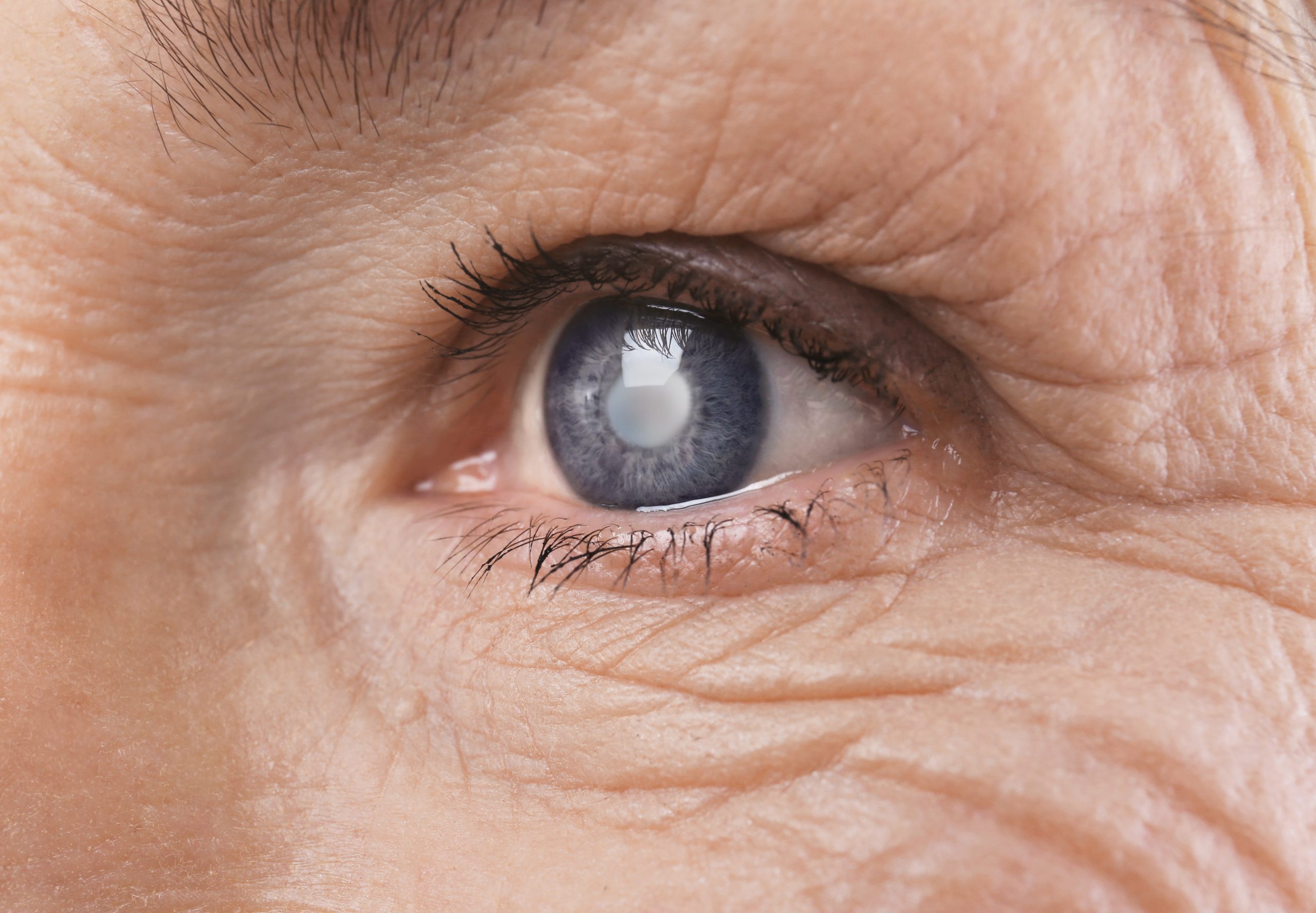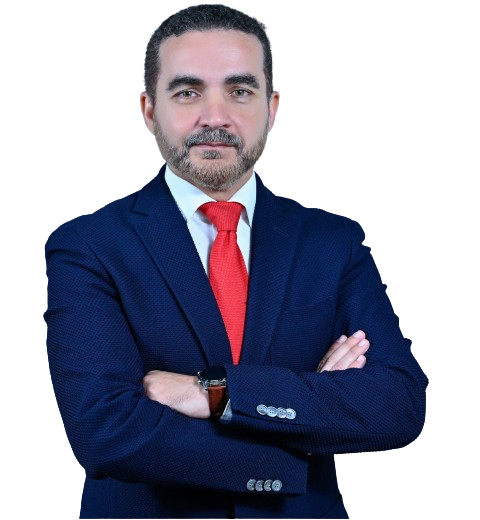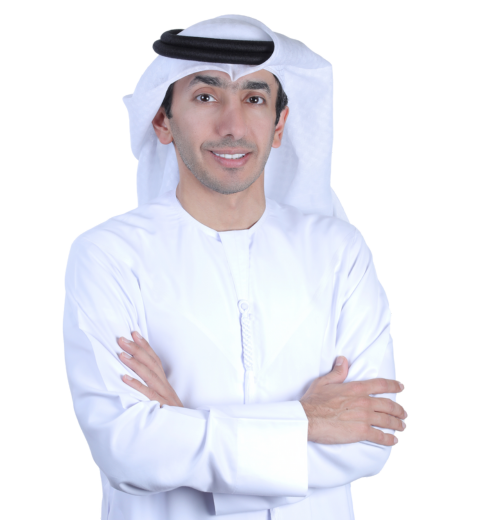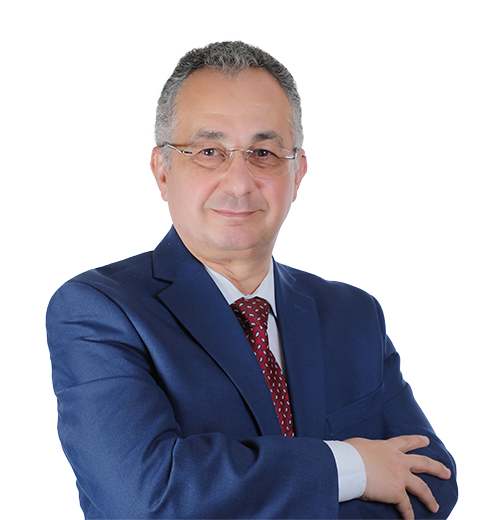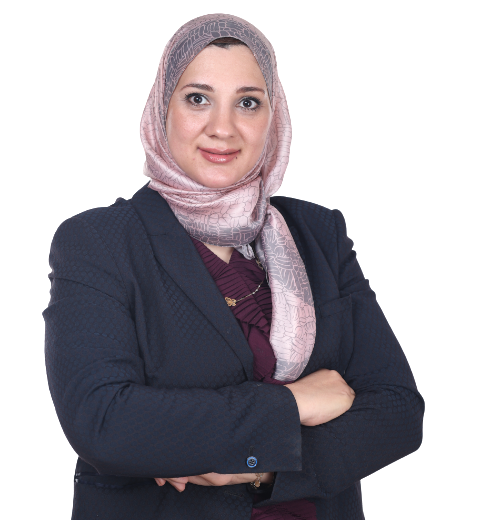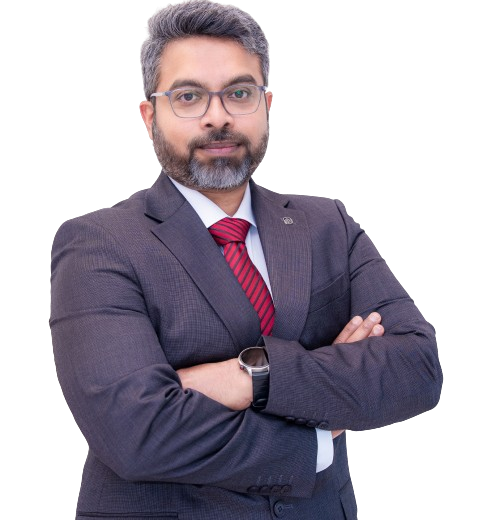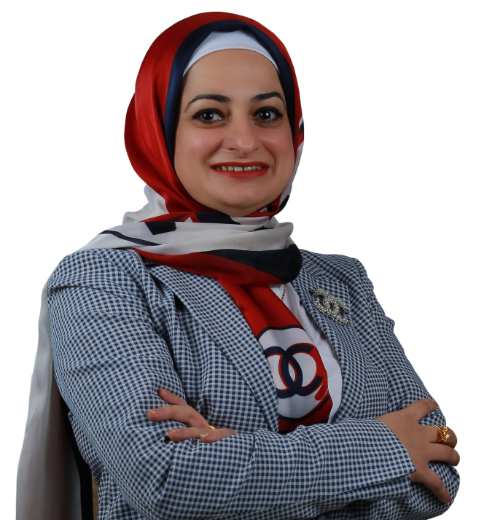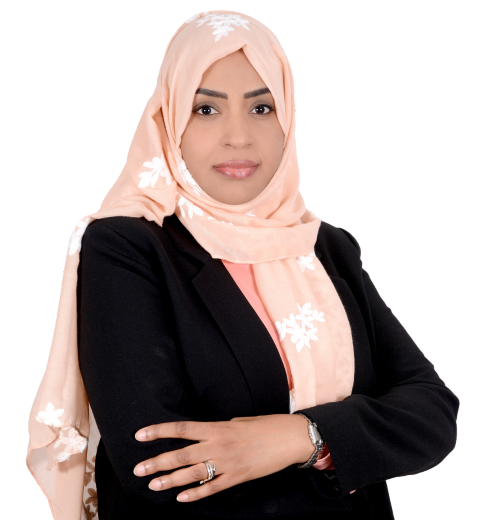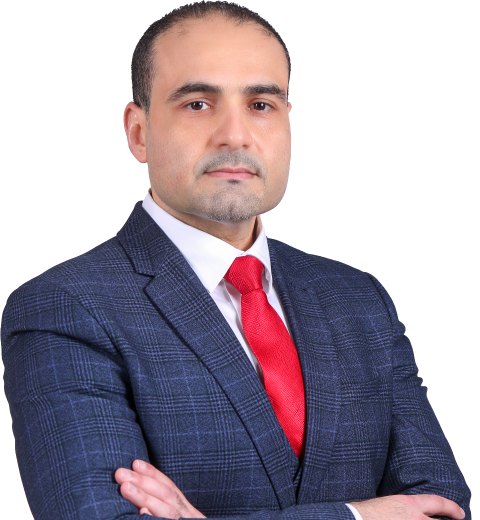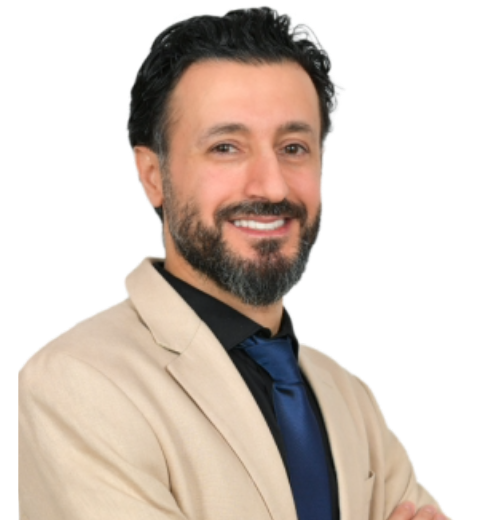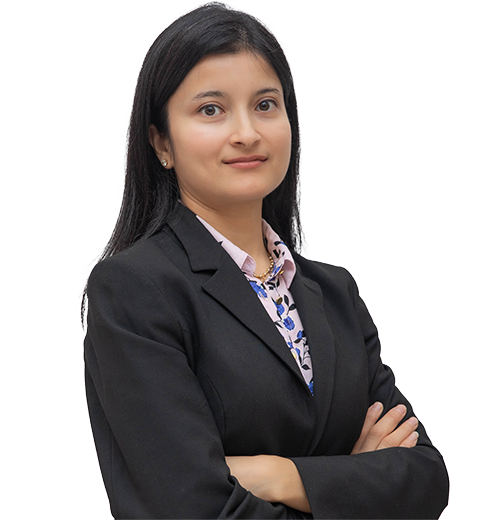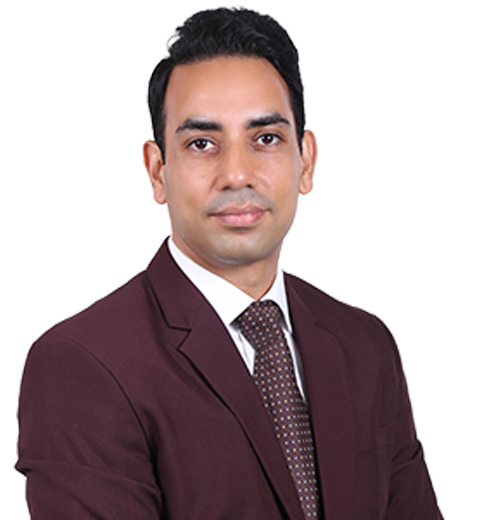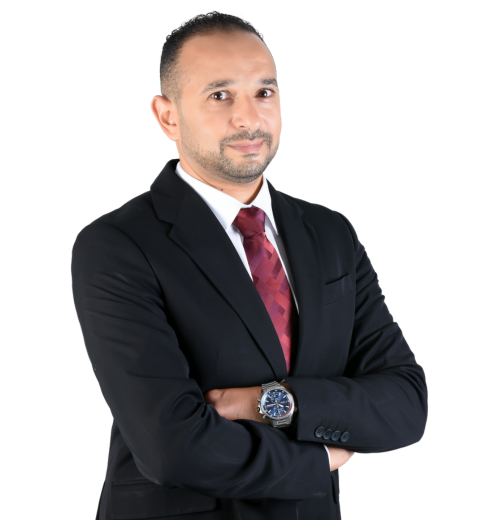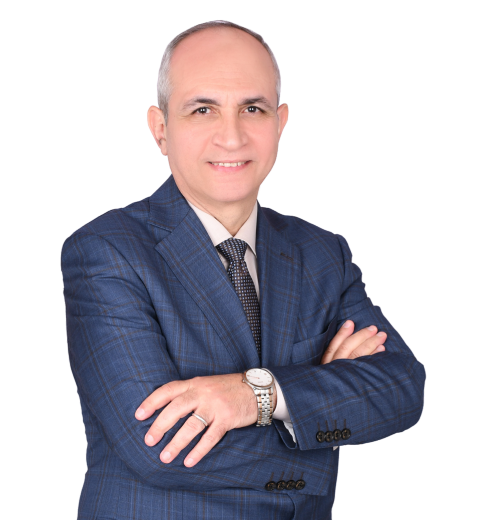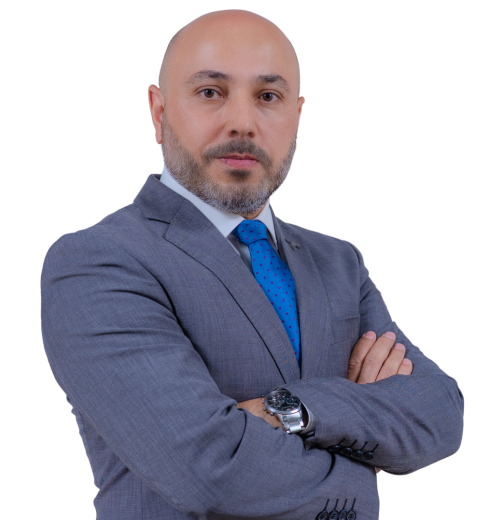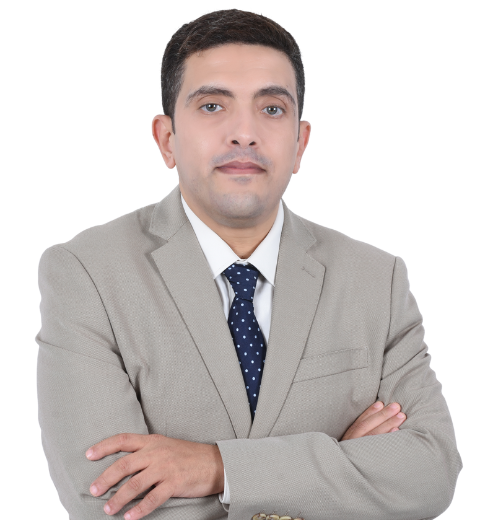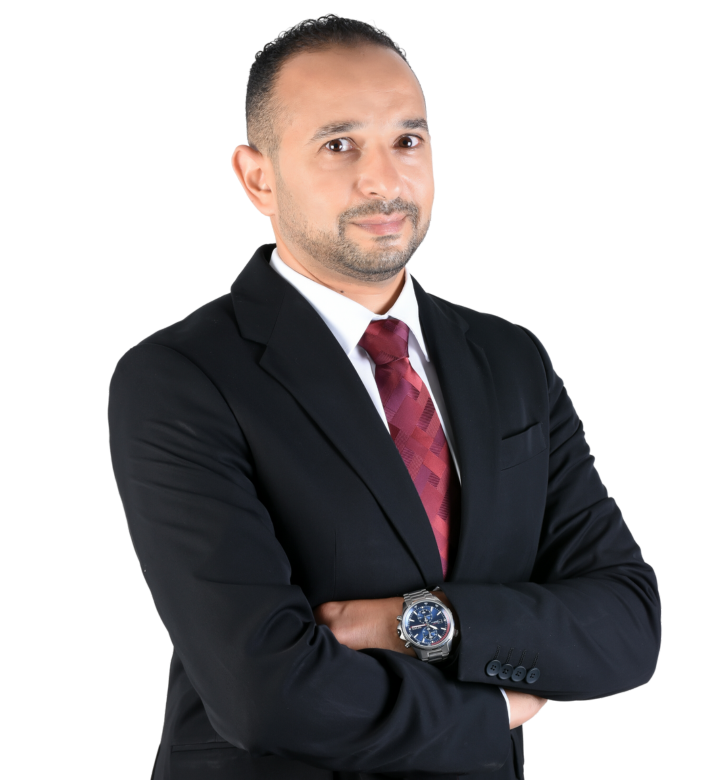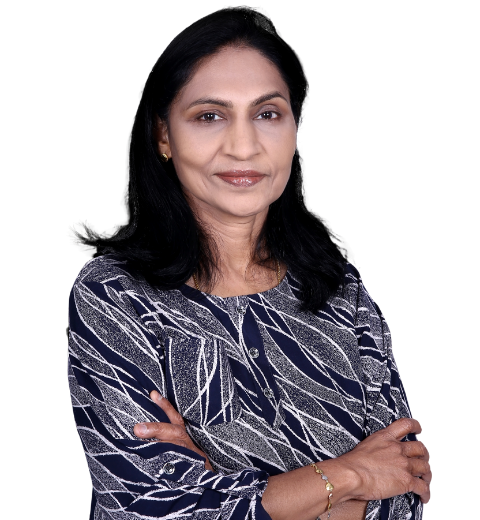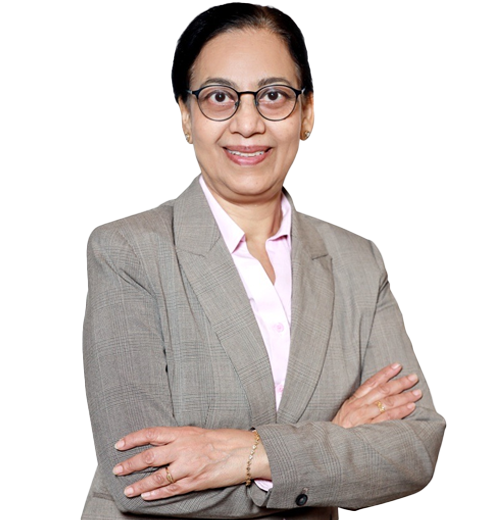Glaucoma in general is a group of eye diseases of the elderly that run in families and is associated with eye pressure. It can lead to damage to the optic nerve and loss of vision. It is the second leading cause of blindness in the world after cataracts and the number one cause of irreparable vision in the world. Almost 80 million people have glaucoma worldwide and this is expected to increase to over 111 million by 2040. As per 2020 statistics, approximately 4 million people aged 50 years and older suffer from moderate to severe vision impairment, and 3.6 million are blind due to this eye condition.
Symptoms
It is a symptomless disease in the early stages. Symptoms appear in the form of loss of side vision and later central vision only late in the course of the disease when you have lost a good amount of vision which is not repairable. Very rarely, due to a sudden rise in eye pressure, you may experience the following symptoms. If you have any of these symptoms, see an eye doctor right away:
- Blurred vision, redness
- Heaviness of eyes
- Recurrent one-sided headaches
- Frequent change of prescription glasses
Types of Glaucoma
There are different types: open-angle, narrow-angle, normal-tension, newborn/childhood glaucoma, and secondary glaucoma.
Open-angle glaucoma is the most common glaucoma and is usually symptomless. It occurs when the drainage system of the eye is functionally blocked or damaged with a gradual buildup of pressure inside the eye. This can lead to permanent damage to the optic nerve, which can cause vision loss.
Narrow-angle glaucoma is less common than open-angle glaucoma but more severe. Here, the space between the cornea and iris called ‘angle’ is narrow and likely to close with time preventing fluid drainage with a buildup of eye pressure. Very rarely, they can present with sudden complete closure of drainage angle with the huge rise in eye pressure causing severe eye pain, redness, decrease in vision, headache, and vomiting. Normal-tension glaucoma is a type of open-angle glaucoma that occurs in the very elderly with eye pressures in the normal range associated with decreased blood supply to the nerve of the eye.
Risk Factors for Glaucoma
In general, the likelihood of developing it increases with age. It can occur at any age but is more common in people over 40 to 50 years old. Other risk factors include:
- Those with a family history of the condition
- Those with previous eye injuries, surgeries, or diseases
- Those with high-powered spectacles
- Those on long-term use of some drugs like cortisone/steroids in any form
- People who have high blood pressure and diabetes
Glaucoma Prevention
Glaucoma cannot be cured but can be prevented. The first step in preventing is to have regular eye exams. A complete eye examination by your eye doctor can detect the condition in the early stages. Early detection and treatment hold the key to preventing loss of vision due to glaucoma.
Treatment for Glaucoma
The goal of treatment is to keep the eye pressure under control so that vision loss can be prevented during his/her lifetime. Eye pressure can be reduced by using eye drops. They can also be controlled by some laser treatment. They all aim to decrease the production or increase the outflow of fluid inside the eye. If they are not able to control eye pressure to adequate levels, you may need to undergo surgeries/operations for controlling eye pressure. Regular follow-ups are important to know the stability of the disease. One good thing about it is that by strict adherence to doctor’s advice, medications, and regular lifelong follow-ups you can keep your remaining vision preserved throughout life.
Glaucoma is referred to as a ‘silent thief of sight’ as they only rarely present with symptoms and are progressive in nature causing blindness if not detected early and left untreated. If you think you might have glaucoma, schedule an appointment with our glaucoma experts.
Our Expert Ophthalmologist
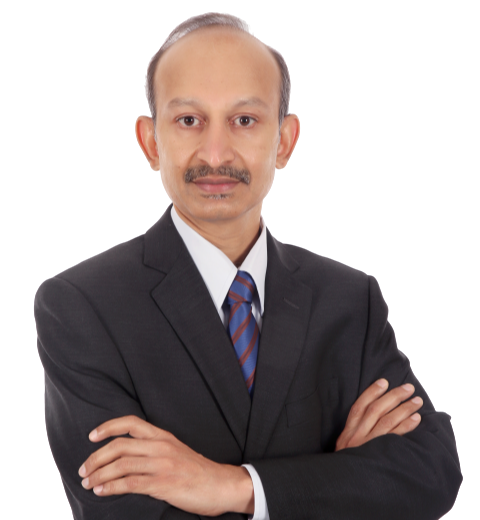
Dr. Sunil GT
Specialist Ophthalmology
Burjeel Hospital, Abu Dhabi
